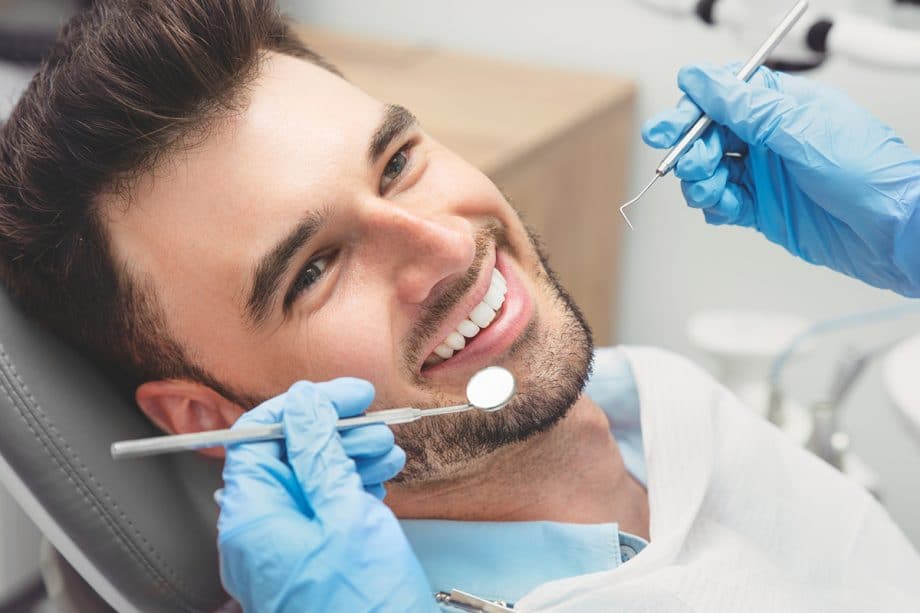
Image Source: Google
In recent years, there has been a growing interest in biological dentistry as an alternative approach to traditional dental care. Biological dentistry focuses on the connection between oral health and overall well-being, considering the impact that dental treatments and materials can have on the body as a whole. This guide will provide you with a comprehensive overview of biological dentistry, how it differs from conventional dentistry, and the benefits it can offer for your oral health. Refer: https://thebiomedcenter.com/biological-dentistry-in-providence-ri/.
The Basics of Biological Dentistry
Biological dentistry, also known as holistic or integrative dentistry, is a practice that takes a more natural and whole-body approach to oral health care. It recognizes the interconnection between the mouth and the rest of the body, emphasizing the importance of using biocompatible materials and techniques that support the body's natural healing processes.
Key principles of biological dentistry include:
- Minimally invasive treatments
- Biocompatibility of dental materials
- Prevention and education
- Mercury-free dentistry
- Addressing the underlying causes of oral health issues
Differences Between Biological and Conventional Dentistry
While both biological and conventional dentistry aim to promote oral health, they differ in their approaches and philosophies. Understanding these differences can help you make an informed decision about the type of dental care that aligns with your values and health goals.
Key differences include:
- Biological dentistry focuses on the relationship between oral health and overall health, while conventional dentistry often treats the mouth as a separate entity.
- Biological dentistry uses biocompatible materials and minimally invasive techniques, whereas conventional dentistry may rely on potentially harmful materials and procedures.
- Biological dentistry takes a preventive approach, addressing the root causes of oral health issues, while conventional dentistry may focus more on symptom management.
- Biological dentistry avoids the use of mercury in dental fillings, which is still common in conventional dentistry.
The Benefits of Biological Dentistry
Choosing biological dentistry can offer a range of benefits for your oral health and overall well-being. By prioritizing natural and biocompatible treatments, you can support your body's ability to heal and maintain optimal oral health.
Benefits of biological dentistry include:
- Reduction of toxic exposure from dental materials
- Promotion of overall health and well-being
- Minimization of unnecessary interventions
- Prevention of future oral health issues
- Improved treatment outcomes and longevity of dental work
Common Practices in Biological Dentistry
Biological dentistry encompasses a wide range of practices and techniques that aim to optimize oral health while considering the impact on the body as a whole. These practices may include:
Common practices in biological dentistry:
- Mercury-free fillings
- Biocompatibility testing for dental materials
- Safe removal of amalgam fillings
- Use of digital x-rays to minimize radiation exposure
- Integration of natural remedies and supplements for oral health
- Promotion of a healthy diet for optimal oral health
Choosing a Biological Dentist
If you are considering biological dentistry for your oral health needs, it is important to find a qualified and experienced biological dentist who aligns with your values and treatment preferences. When choosing a biological dentist, consider the following factors:
Considerations for choosing a biological dentist:
- Training and certification in biological dentistry
- Use of biocompatible materials and minimally invasive techniques
- Commitment to patient education and preventive care
- Positive testimonials and reviews from current patients
- Open communication and a patient-centered approach to care
By selecting a biological dentist who prioritizes your overall health and well-being, you can receive personalized care that supports your oral health goals while minimizing the potential risks associated with conventional dental practices.
